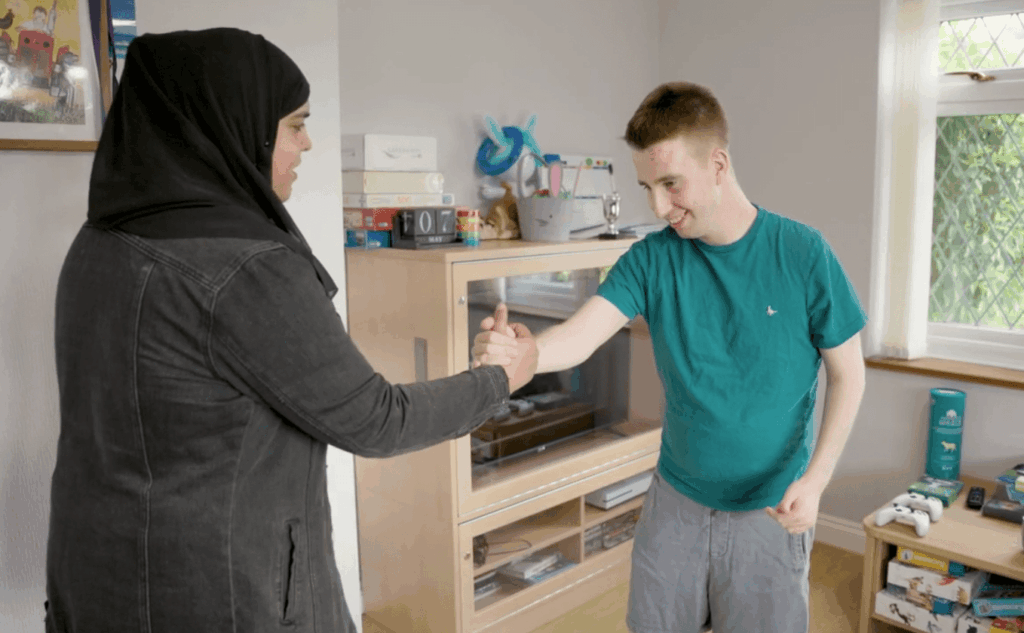Starting the Journey Together
When families make the decision for a loved one to move into residential care, it is rarely straightforward. It often involves balancing complex emotions, responsibilities, and long-term hopes. For autistic adults with high support needs, this transition can feel especially daunting, not only for the individual but for their families too.
That is why family partnerships are increasingly recognised across the care sector as vital to achieving positive outcomes. A collaborative approach ensures that families remain central to the process, building confidence and stability during a period of significant change.
Why Family Partnerships Matter
Families often hold the deepest understanding of an individual’s routines, preferences, and triggers. This knowledge is invaluable when creating continuity of care. Without it, support risks becoming detached or inconsistent.
Sector research and policy both highlight the benefits of co-production, where families are fully involved in planning and decision-making. Done well, this approach leads to greater stability, smoother transitions, and stronger long-term outcomes. Importantly, it also provides reassurance for families, who can feel confident that care is being delivered in a way that respects their lived experience.
Rather than care being something “done to” a person, family partnerships help ensure it is “done with” them and those who know them best.
Building Effective Partnerships
There are several principles widely recognised as important in building meaningful family partnerships:
Open Communication
Regular updates, meetings, and accessible points of contact prevent families from feeling excluded. Transparency builds trust and strengthens collaboration.
Collaborative Planning
From transition planning to everyday goal setting, involving families in decisions provides continuity and allows care to reflect individual needs more accurately. Gradual, staged approaches to big changes, such as moving into residential care, can help reduce anxiety for both individuals and their families.
Respect and Empathy
Families bring unique perspectives that should be heard and valued. Recognising this expertise fosters mutual respect and ensures care plans remain person-centred.
Consistency of Support
Stable teams and familiar faces help families feel reassured that their loved one is receiving reliable, consistent care. Staff continuity also supports smoother communication between families and providers.
Real-World Impact
Examples across the sector show how proactive partnership working can transform experiences. Families who were once anxious about visits have found that structured routines and clear communication can turn these moments into positive, shared experiences. Others describe the relief of moving from a full-time caring role to one where they can enjoy being “mum and dad again”, focusing on family life rather than daily care tasks.
Commissioners and regulators also increasingly recognise the value of family involvement. Not only does it support wellbeing and independence for individuals, but it also demonstrates quality, accountability, and transparency in care provision.
Looking Ahead: A Shared Commitment
As approaches to autism care evolve, family partnerships are set to remain central to best practice. By placing families at the heart of decision-making, care can become more person-centred, more effective, and more sustainable.
The message is clear: when families feel included, individuals are more likely to thrive. Collaboration, openness, and respect are not just principles to aim for, they are the building blocks of high-quality care.
We’re Here to Help
If you would like to explore approaches to family partnerships in more detail, or discuss how collaborative care models can support autistic adults with high support needs, our team would be happy to continue the conversation.



